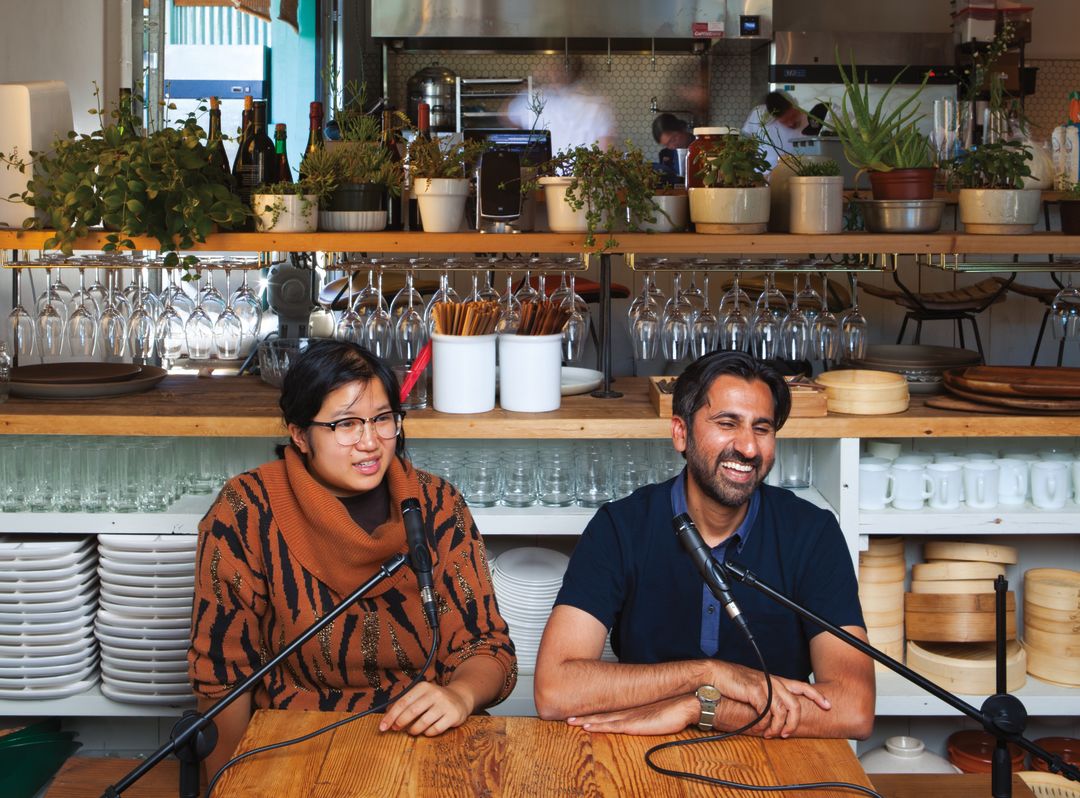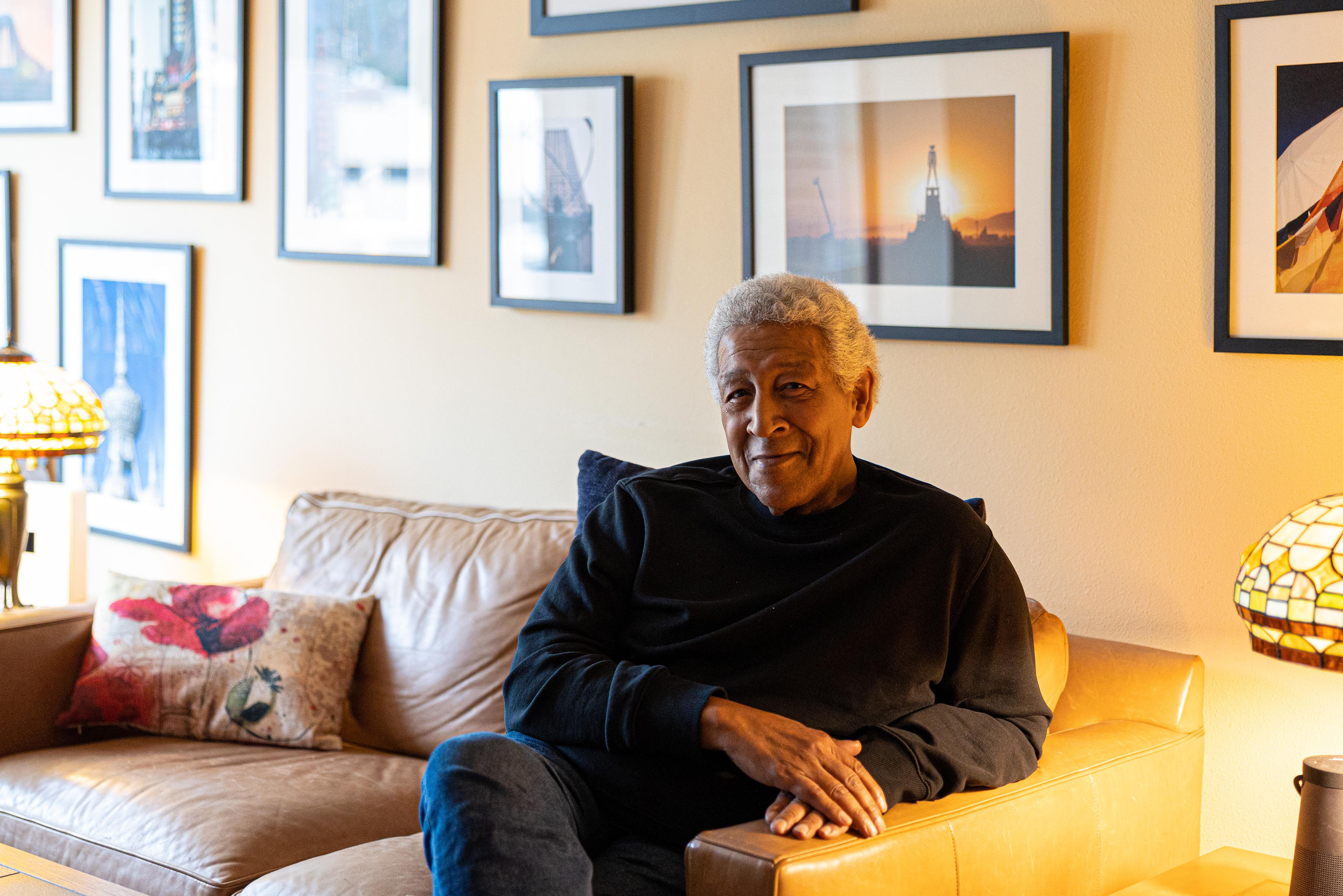This Portland Podcast Gives a Megaphone to People of Color in the Food Industry

Image: William Anthony
(Editor's Note: Since this story was published in November 2016, both hosts have left Portland—Janmohamed is pursuing his master's degree in fiction at the University of Michigan, while Ho is now restaurant critic at the San Francisco Chronicle. In late March 2019, an episode of Racist Sandwich titled "Erasing Black Barbecue" was nominated for a James Beard Award for best podcast.)
Zahir Janmohamed: I really like lemon bars. I would make lemon bars and go to dinner parties and writers’ retreats, and people would be like, “Is this your grandmother’s recipe? Is this an Indian delicacy?” And I’m like, “No. It’s from Google.” Food certainly brings us together, but it also creates these spaces where it’s like, do I only exist to dazzle you?
Soleil Ho: There’s a perception of “naturalness.” Because I’m Vietnamese American, if I cook anything Southeast Asian people assume it’s the definitive version. It’s this pressure of, “This is authentic, right?” And I’m like, I was born in Chicago, chill out. I put Sprite in my nuoc cham. It’s alright.
ZJ: Soleil and I both moved to Portland last fall, and our adjustments to the city were very similar. We were like, wow, it’s super white, but also endearingly in denial about that. It’s like this vintage racism—it’s really cute, and you want to pinch its cheeks. You can walk down many streets and see tremendous diversity of cuisine, and yet there’s very little diversity of people. People can be very self-congratulatory.
SH: I feel like a lot of racism in the food world gets a free pass because we’re used to the anthropological aspect of eating. It’s the frame of reference we have as Americans: I’m going to have Chinese today and Thai tomorrow. You’re not asked to engage on any meaningful level with those cultures, especially when there’s such turnover of trends. Vietnamese food had its moment; Hawaiian food is having its moment; Filipino food might have its moment. Why do we have ethnic foods taking turns? With the podcast, we want to give a lot of templates for talking about race or gender or class. People aren’t really equipped to have these conversations. Print journalism has done a really great job of bringing women in, but not people of color, especially in food writing. You end up in an echo chamber where there’s no one to say, “Hey, that’s racist. You should reword that.”
ZJ: When Soleil texted to say there was a [British Empire–themed] restaurant named Saffron Colonial, I didn’t believe her. I don’t care if you’re a white person and want to cook Indian food. It’s more this idea that you’re going to serve it in this way. It’s a nostalgia for a past that we, as people of color, just can’t afford. It punctured this clichéd notion that food brings us together.
ZJ: The best Indian food I’ve had is in the suburbs. I love Mumtaz and Chennai Masala.
SH: My favorite dim sum place is always going to be Ocean City. It’s very Chinese-wedding kind of vibes—that’s my favorite part. Chongqing Huo Guo, the hot pot place, is crazy good. I love so many things in what we call the Jade District now, that mix of Vietnamese, Slavic, Chinese, Korean, Latino. People persevered and carved out that space.
SH: People say Portland is so white, and they just leave it at that. Part of our mission was to extend the conversation. Portland is so white—so how do we support the people of color here? You vote with your dollar, and supporting people and communities that have been marginalized in the Portland restaurant scene is a big step. People should be celebrated for sticking it out.




